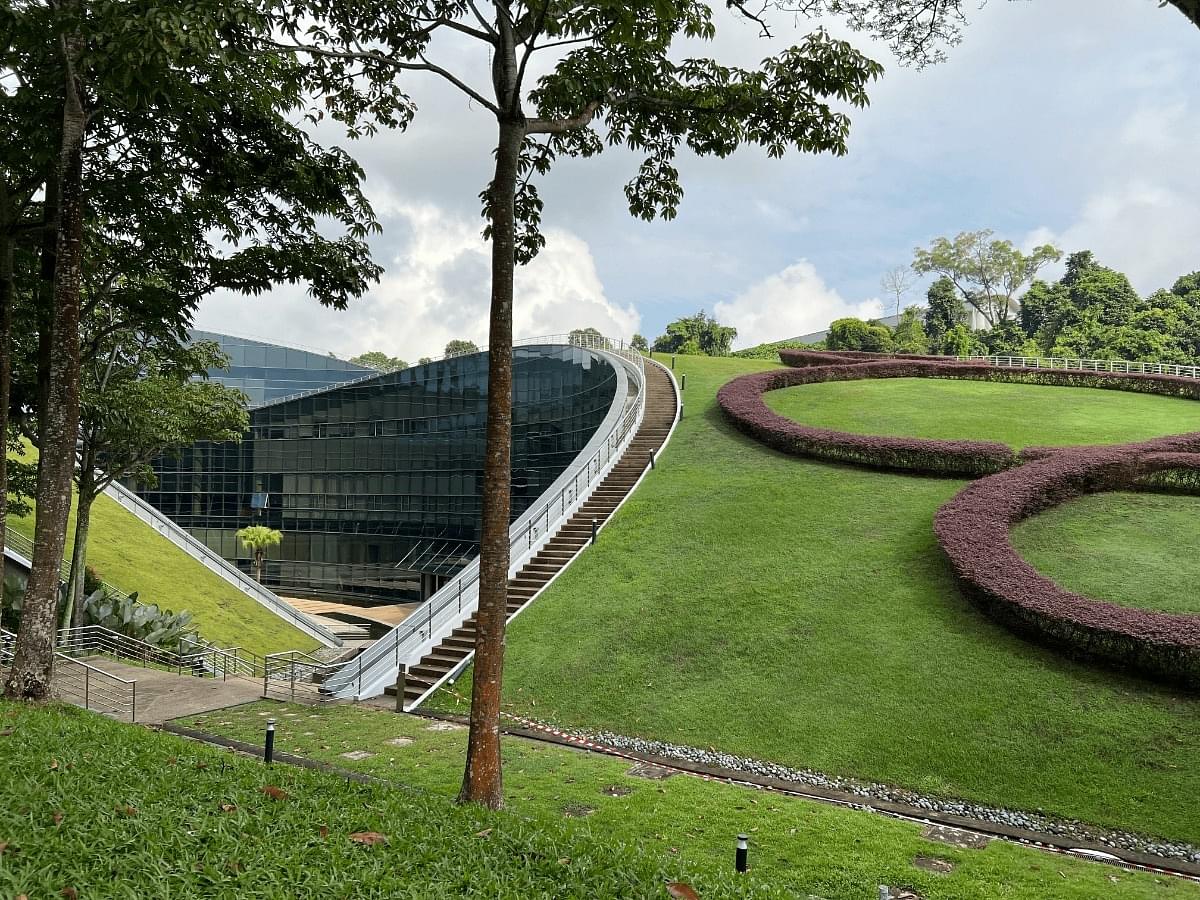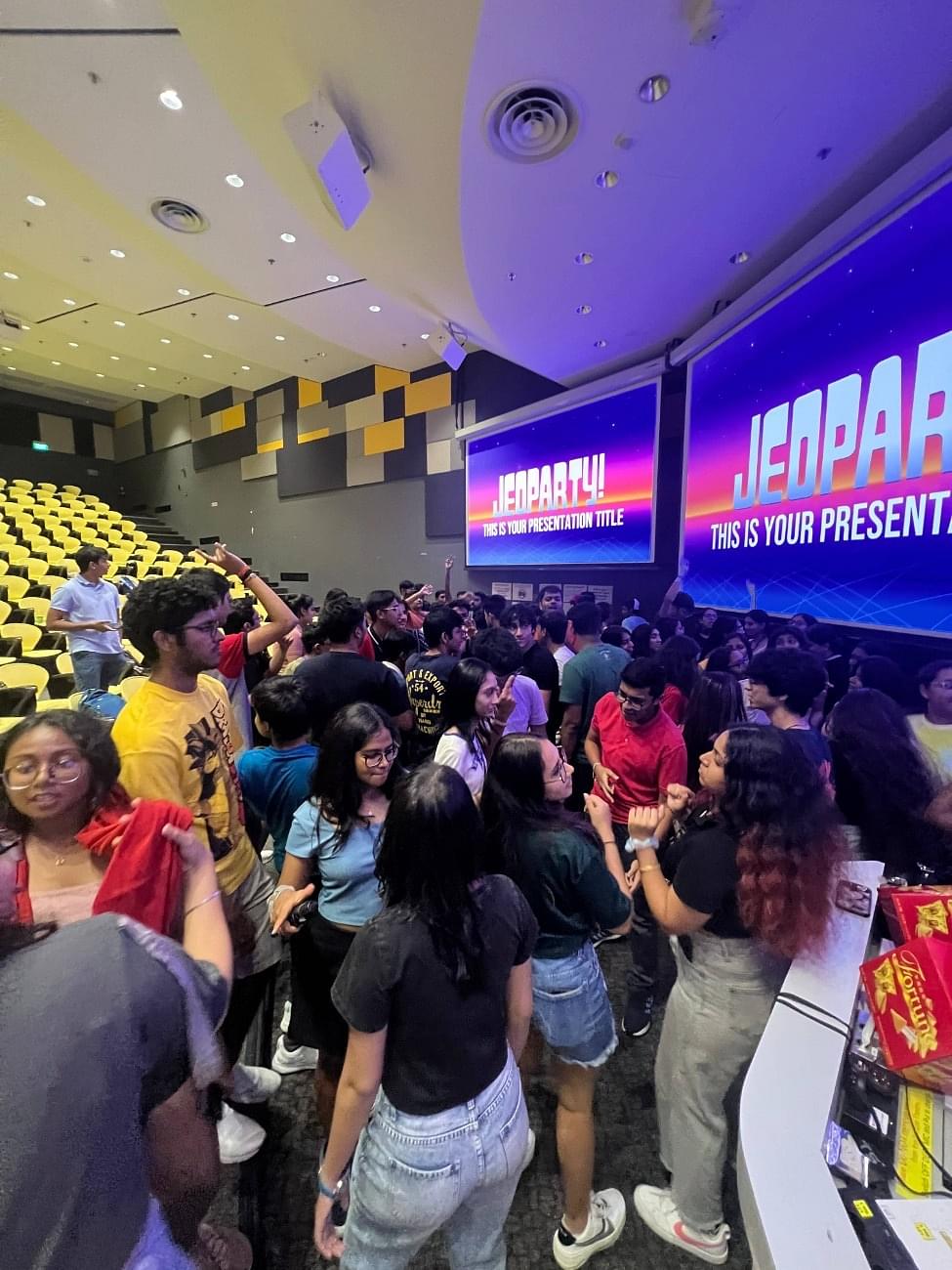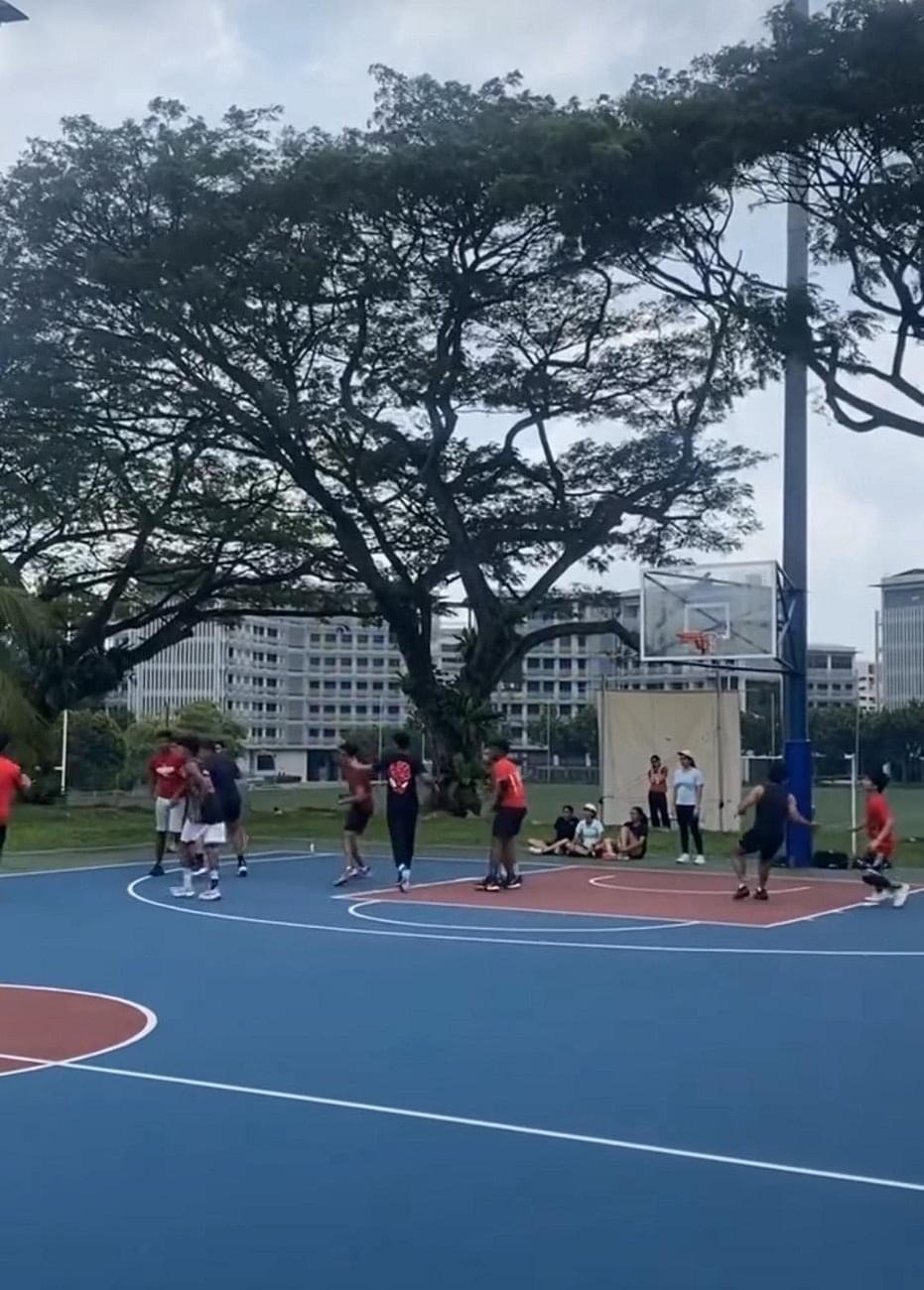What Students Say
Likes
- Talented staff, with good teaching and research experience
- World class facilities such as labs - for projects be it personal or academic
- Lots of opportunities - University provides a lot of opportunities in terms of internships, exchanges, projects, hackathons, which all help build your resume
Dislikes
- Hectic workload - the content is demanding and the deadlines can be unforgiving, especially nearer to finals
- Huge emphasis on self learning - professors require you to prepare for the sessions before they begin, and expect that you put in effort before approaching them, which may not work for everyone
- Quite a few opportunities are reserved for Singaporeans/Singaporean PR, so international students may not be able to avail them
Course Curriculum
- The curriculum is quite challenging. While it may start out quite simple, with our foundational classes being similar to 11th and 12th grades, very quickly it will ramp up and get harder and harder. The positive aspect is that the content is quite rich and detailed, though it may be dated at times and require some updates. Classes are usually split into lectures and tutorials for each course, with lectures requiring the entire cohort, while tutorials are smaller groups working on problems based on the lecture content.
- Timings are free for you to choose and your timetable is planned by you. My courses usually have around 300-350 students for common major modules and much smaller numbers for electives and specialisations. In Mechanical Engineering there are not many Indians enrolled – around 50 or so in my cohort of 700 – but there are a lot more in Computer Science/Engineering and EEE.
Admission Experience
-
I applied for the following universities:
- IIT – cleared JEE Mains (99 percentile); did not write Advanced as joined NTU by then
- NUS – Rejected
- Shiv Nadar – Accepted
- NTU - Accepted
- I believe my rejection was due to how late my results were released due to Covid-19, and since it was an Indian board, I was already late as compared to the international boards like IB and A Levels. It is more difficult to apply with Indian boards as compared to international ones.
- I joined NTU, as it has a world-class Mechanical Engineering programme, ranking in the Top 10 in the world. I found Singapore also to be an easier place to settle in after living in India as compared to somewhere in Europe or the US. The admissions process was primarily based on my board exam marks, though they did accept SAT scores as well. Minimum requirement was 90% for Indian boards, and there was no requirement mentioned for the SAT. My admission process was pleasant and smooth, and the university office was quite responsive and replied back with clarifications when I needed them.
- August intake – only intake for NTU. Admission process started in February, when I entered my application for NTU. Processes were delayed since my board results were delayed because of Covid. I got my application result within three weeks of me submitting my board marks, around mid-June. Because of the delay in results, I was required to submit my predicted scores for my application in the meantime. You also have the option of submitting your JEE Advanced as well as your SAT scores with your application. You are not required to submit any essay or write-up.
Faculty
- Faculty for lecturers are usually Associate Professors or Professors. They are experienced and many have multiple publications. The teaching methodology varies from professor to professor, with some preferring a more open session with a lot of interaction, whereas others prefer to have us listen the entire class.
- The tutorials are conducted by a larger group of faculty, including junior professors and teaching assistants. Tutorials are mainly focused on applying content learnt in the lectures and require a lot more participation and discussions. The tutorial staff will also assist in revising content you found difficult or need to improve.
Campus Life
- We do have a lot of events that happen on campus. NTU Fest happens early in the year to help new students get engaged with the happenings on campus. We also have celebrations for major festivals in Singapore, such as Chinese New Year, Diwali, and Eid.
- Usually there will be events hosted for these, such as student performances, and they are hosted by students entirely. They are quite popular, especially the Diwali celebrations among Indian students and have a lot of activities like Henna, Dance Floors, and even snacks.
- There are a lot of facilities for sports that are accessible to all students. They are open throughout the day and students are encouraged to use them. They are also well maintained.
Part Time Jobs
- The Work-Study Scheme is available and you are allowed to work for up to 40 hours a week. Though I have not used them and am not sure about the particulars. Most pay ranges are around $10-15 an hour, and there are options to be peer tutors, but they are decided by the professors in charge of the course. It is not very easy to get a job unless you know the person offering it. You are also able to find jobs outside of campus.
- Most Indian students do not do part-time jobs in NTU. They prefer to work on projects and other such activities, so it is not a very popular option. It is entirely dependent on the student and whether they are interested in trying a part-time job, so preferably having a good relationship with the person offering the role will be quite helpful.
Placement
- Students find jobs through career fairs that NTU organises throughout the year. They are helpful in getting your resume across to hiring managers who come to visit the university. You are also able to reach out on your own. I believe 90% of the graduating batch secures employment or begins further education within 6 months. Average salary range is $4500-6000 a month, depending upon your academic qualifications, your resume and your experiences.
- Easiest way to get a job is to get a return offer from your professional internship that you are required to do as part of your university degree. Major companies include Dyson, Hyundai, Rolls-Royce, and ST Engineering for Mechanical Engineering.
Accommodation
- My accommodation is within the university, which is the most economical and convenient for international students. The university is quite far from the nearest apartments and would require around forty minutes to reach, whereas within the hostels, or Halls of Residence as they are called, you can make it to class in ten minutes or so. There are internal shuttle buses available for travel within the campus.
- My accommodation was offered to me by the university while I was applying. Hence, it was quite easy for me to acquire accommodation. My rent is $450 a month and does not include food. The premises are well maintained and kept neat. The toilets and bathrooms are cleaned twice a day and always in good condition. You will also get canteens within the Halls, making it easier to find food. Most Indian students use this.
Exams
- No exams are required other than my board exams. But you are provided the option of submitting results for other exams such as the SAT, ACT, and JEE Advanced. You will require your results, your school bonafide and verification documents for your application. There was no interview process, and there was no write-up or Statement of Purpose required from students for the application.
Fees
- Approximately 10 lakhs per semester ($16,750) for tuition fees – it is billed per semester, though for different courses there will be a difference in the semester fee
- Approximately 2.6 lakhs per year for hostel, being around INR 30,000 ($450) per month, fees change based on room
- Approximately INR40,000 ($600) per month in expenses, including food and other activities. Can be lower based on how much the student wishes to spend
Scholarship
- MOE Tuition Grant – 50% discount on your semester fees for the entirety of the programme but requires the student to sign a bond to work for a period of three years in Singapore. You are not required to pay anything during the three-year period, but you will have to find a job; failure to do so means you will have to pay back the bond amount with interest. You are also able to liquidate the bond midway, paying only the portion of the sum not worked, i.e., if you work for one year, one-third of the sum is waived; two years, two-thirds of the sum; and so on.
- Nanyang Scholarship – 100% of tuition fees, hall fees amount equal to the lowest hall rates, a one-time allowance to buy a laptop, a ticket to Singapore at the start of the course and one back at the end of the course, as well as a semester stipend of $3000 or so. Students will be required to serve a bond of six years, with the same condition as the tuition grant. You need to be eligible to get a tuition grant to receive this.
- Tuition grants require strong academic results to apply for, which is usually the case for most students applying to NTU, and hence are relatively easy to obtain. Many students obtain this, and it is part of their application.
- The Nanyang Scholarship requires excellent academic results and is a lot more exclusive. Many fewer people get and it is easier to obtain if you're doing an international syllabus as opposed to an Indian syllabus.





